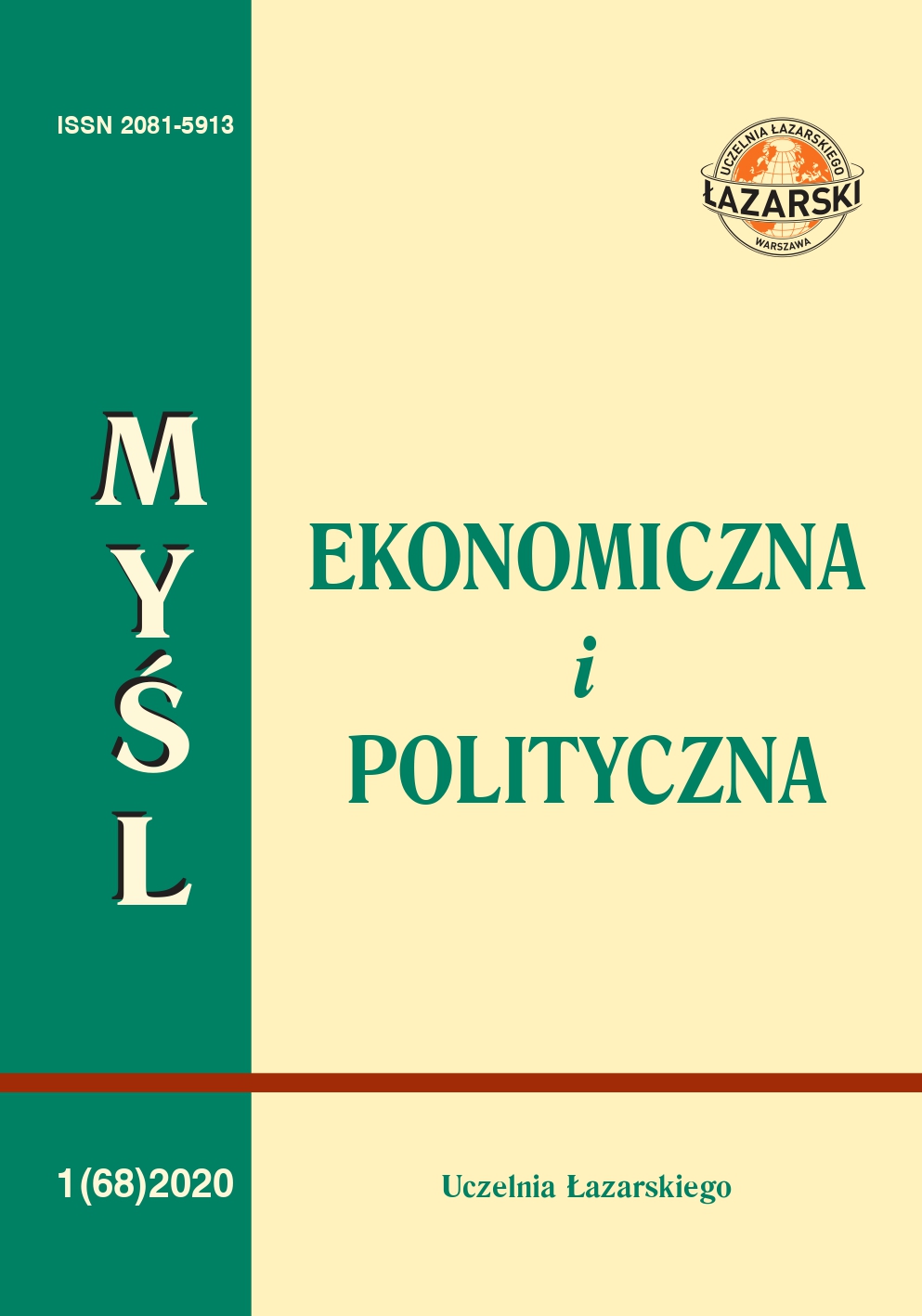Abstract
Archetypes of Carl Gustav Jung can be an interesting tool for Political
Branding. Archetypes can work well as a desired positioning for many brands
in political markets. By archetype development we can discuss success and
failure of some political brands. This concept is linked to brand equity, too.
To make brand strong, marketers have the famous Customer Based Brand
Equity model (CBBE). In this model, everything is seen from the point of
view of consumers.
From the point of view of CBBE model, it is seen that brand knowledge
is the key for creating brand equity; hence brand knowledge establishes the
difference between products, services, ideas, and persons. The Brand Knowledge
is standing on two legs, or two main components: Brand Awareness
and Brand Image.
In the market of politics of post-soviet, transformational countries, everything
hangs on the level of some Charisma of political persons and their
ability to attract hearts and minds of the general public. Having undertaken
focus group marketing research, it is clear that political persons, if they
look like classical archetypes: Heroes or Caregivers, Jesters or even Outlaws,
attract more attention of people than when they cannot be identified with
any archetypes.
The article aims to explain political branding and brand failure mechanisms
in some post-soviet countries through the Georgian case, showing
the surprising defeat of western oriented United National Movement of the
President of Georgia, Misha Saakashvili, against a fresh made coalition of
Georgian Dream.
